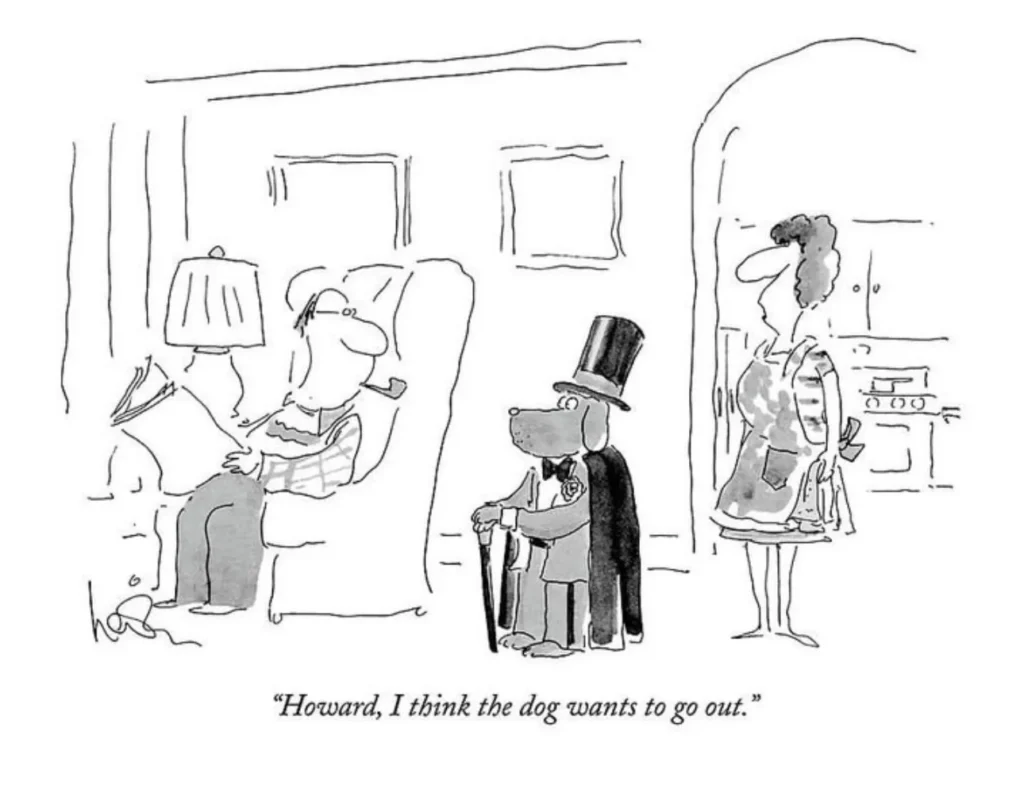Everyone knows that consuming effectively, getting sufficient sleep, and train is sweet for our well being. A Cambridge College examine revealed within the British Journal of Psychiatry highlights an arguably extra enjoyable solution to give ourselves a lift: going out in town. Whereas I’m not suggesting you turn out to be a membership rat, there may be proof {that a} night time out could also be simply what the physician ordered.
Researchers examined information collected from 2000 British adults over age 50 over a ten 12 months interval. After analyzing information on their well being and way of life, a transparent sample emerged. When folks exit to take pleasure in a film, present, or museum regularly, their probability of changing into depressed plummets. Only one outing each few months was sufficient to chop their danger of melancholy by 32 p.c. Those that went out as soon as a month or extra minimize their danger of melancholy by practically half. Given how down individuals are as of late, that’s saying one thing. Whereas it’s unclear what precisely it’s about cultural engagement that protects in opposition to melancholy, it’s probably a mix of things together with social interplay, psychological creativity, cognitive stimulation, and the mild bodily exercise of simply getting there.
I just lately attended a live performance in NYC and fact be instructed, it was horrible. It was a band I had liked from the 90s however 30 years later they had been a bit of tragic. That mentioned, there was one thing enjoyable concerning the expertise. I seemed ahead to going beforehand, I liked being with my pals on the occasion, and we laughed later about how terrible it was. The social part looms massive. I can’t assist however assume that social connection is what makes cultural engagement so protecting in opposition to melancholy.
Dr. Gregg Henriques of James Madison College has argued that melancholy is a state of behavioral shutdown. When an individual is feeling low, their knee jerk response is commonly avoidance and withdrawal. This unlocks a downward spiral of important ideas and an internal battle leaving the particular person much more confused, remoted, and depleted. The one solution to counteract Shutdown Syndrome, Henriques argues, is to harness what he calls the “paradox of effort.” Put merely, override the impulse to keep away from and withdraw and as an alternative intentionally take part in actions that transfer you towards your values, that enhance optimistic feelings, and that improve connection.

Avoidance could really feel like probably the most pure response on the earth, particularly when it’s 12 levels exterior and all the things appears the wrong way up however withdrawing won’t ever pull you out of the cave. If something, it would make it colder and darker. Consider cultural engagement as a method out of the cave and as an antidote to Shutdown Syndrome.
Override the temptation to retreat. Ignore the attract of one other night time at residence in entrance of the tv. Make plans with a buddy to do one thing and persist with them. We are sometimes instructed that what we really feel shapes what we do. However it goes each methods. What we do additionally shapes how we really feel. Select actions that have interaction you and join you to others.
Final week I went to see Caspar David Friedrich: The Soul of Nature on the Metropolitan Museum. It took my breath away. His imaginative and prescient of panorama is directly meditative, mysterious, and stuffed with surprise.
Right here is his iconic portray Wanderer above the Sea of Fog. The title captures the temper of how just about everybody I do know feels at this second.
About this work, Friedrich wrote, “It jogs my memory how small I’m, but in addition how miraculous this life is.”

I want you all the perfect,
Dr. Samantha Boardman




